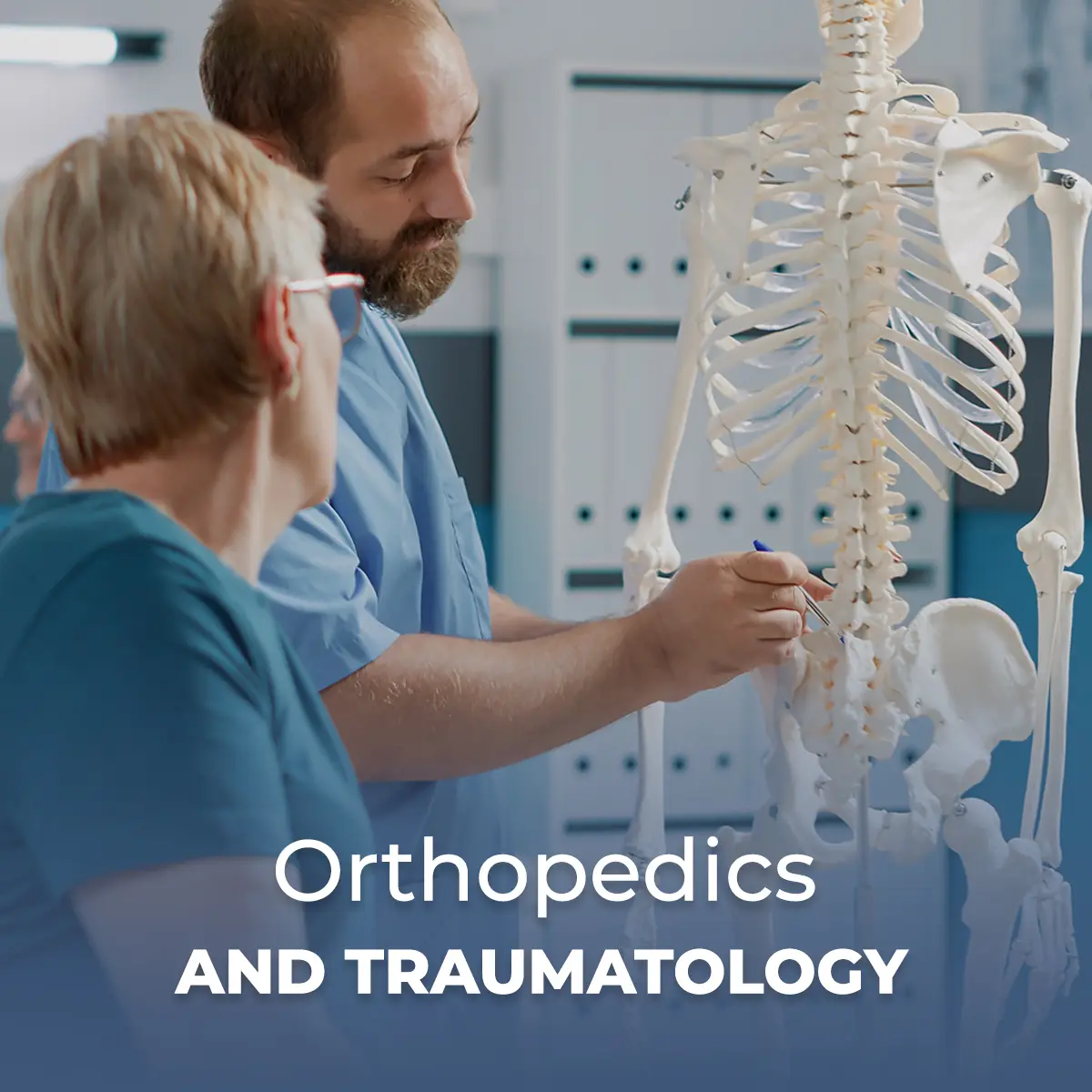Bone Marrow Transplantation
Bone marrow transplantation (BMT) is a medical technique that replaces a person’s damaged or diseased bone marrow with healthy bone marrow from a donor. The bone marrow is in charge of manufacturing blood cells such as red and white blood cells as well as platelets. Individuals with specific blood illnesses, such as leukemia, lymphoma, and sickle cell anemia, as well as various immunodeficiencies and genetic abnormalities, are usually advised to undergo BMT. The transplant’s objective is to restore the recipient’s ability to make healthy blood cells while also improving their general health and well-being.
Benefits list:
- Access to leading medical experts: Patients who undergo BMT abroad may have access to leading medical experts with extensive experience in the field.
- Reduced stress and anxiety: Patients who travel abroad for BMT may find that the change of environment and the support from the medical tourism agency help reduce stress and anxiety associated with the procedure.
- Improved patient outcomes: The success rate of BMT can be influenced by several factors, including the expertise of the medical team and the availability of advanced medical technologies. Medical tourism agencies may offer access to world-class facilities and top-notch medical professionals that can improve the chances of a successful outcome.
- Personalized care: Medical tourism agencies can provide a more personalized care experience, taking into account the unique needs and concerns of each patient.
FREQUENTLY ASKED QUESTIONS
BMT is a medical procedure in which a person's damaged or diseased bone marrow is replaced with healthy bone marrow from a donor. The bone marrow is responsible for producing blood cells, including red and white blood cells, and platelets.
BMT is typically recommended for individuals with certain types of blood disorders, such as leukemia, lymphoma, and sickle cell anemia, as well as for some immunodeficiencies and genetic disorders.
The success rate of BMT can vary depending on several factors, including the patient's age, overall health, and the type of transplant performed. On average, the success rate is between 50% and 80%.
The recovery process from a BMT can take several months and may involve hospitalization, followed by ongoing monitoring and follow-up care. The length of recovery time can vary depending on the patient's health and the type of transplant performed.
BMT is a major medical procedure and can be associated with a number of risks, including infection, organ damage, and rejection of the transplant. Patients should discuss the potential risks and benefits of BMT with their healthcare provider before making a decision.
“Don’t let financial constraints or long waiting times prevent you from getting the medical treatment you need. Take control of your health and travel abroad with us for your bone marrow transplantation.”


